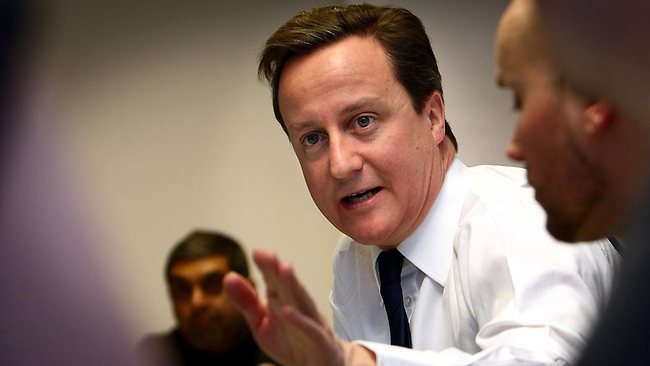Labor hoping to save some of its media reforms, as plan for regulator appears doomed
PARLIAMENT could shelve a plan to oversee press standards while approving cuts to TV industry fees, as Labor tries to save some of its media reforms.
PARLIAMENT could shelve a plan to oversee press standards while proceeding with long-promised cuts to TV industry fees, as the government seeks agreements to save some of its media proposals.
Communications Minister Stephen Conroy has declared he is “comfortable” with the prospect of different votes on each of the six bills in his media reform package, as he continues to negotiate with independent MPs to put some of the proposals into law.
While independent Rob Oakeshott declared he would not support any of the six bills and fellow independent Tony Windsor has also spoken out against the package, the government hopes to rescue some of the proposed changes.
The six bills include controversial and non-controversial measures, raising the prospect of some changes going through parliament with the support of the Coalition, despite the furore over a bill to establish a public interest media advocate to oversee the press.
Observers said both Labor and the Coalition could support bills to reduce licence fees for the major commercial TV broadcasters, to appoint an indigenous director to the SBS board and to include digital services in the ABC charter.
Parliament is holding another round of public hearings on the bills today, including appearances from former judge Ray Finkelstein and University of Canberra journalism professor Matthew Ricketson, the authors of a report to the government last year on ways to oversee press standards.
The major parties are divided on the creation of the public interest media advocate to oversee press standards and police a “public interest test” to limit media investments and mergers.
Labor has 71 votes in the lower house and needs the support of five other MPs to be sure of passing any changes. It is hoping to gain the backing of Greens MP Adam Bandt and former Liberal Peter Slipper but is struggling to persuade any others.
Queensland MP Bob Katter and former Labor MP Craig Thomson have spoken out against the changes and Tasmanian independent Andrew Wilkie has expressed concern about press freedom but not indicated a final position.
Senator Conroy insisted today he could still get changes through parliament despite objections from the independents.
“We're still talking to all of the independents and we continue to press ahead with the reform package,” he told ABC Radio.
Asked if he would split the bills to let some through even if others failed, Senator Conroy said that was up to parliament.
“The bills are a package in terms of the policy agenda but in terms of how they're voted on in parliament, they're still voted on in a way, I would imagine, that are going to be each bill as they go,” he said.
“We're very comfortable with that and we intend to press ahead with all of the bills.
“We are more than happy that we get to vote on each bill as it goes.”
Senator Conroy expressed frustration over the news coverage of his reform plans but did not waver on his demand that parliament vote on the changes by Thursday, one week after he introduced the bills.
“We are committed to ensuring there is no further concentration in media ownership in this country,” he said.
The most contentious part of the plan would give the public interest media advocate the power to reject the standards applied by an industry self-regulator like the Australian Press Council, which is funded by publishers to rule on complaints.
If the government official was not happy with the standards he or she could remove the publishers' right to an existing exemption in the Privacy Act, making it difficult for journalists to do their jobs. There would be no avenue for appeal.
Seven West Media chairman Kerry Stokes, Fairfax Media chief executive Greg Hywood and News Limited chief executive Kim Williams all criticised the plans yesterday by declaring there was no need for government intervention in the way the print and online media did their jobs.
Senator Conroy played down industry fears over the power of the proposed regulator by noting that the bill specifies that he or another minister could not direct the official on what to do.
“The advocate has no role, no statutory role, or any other sort of role in setting the standards of the Press Council,” he said.
“What it does do is want to make sure that the Press Council follows its own standards.”
Senator Conroy argued the Press Council had been a “lapdog” of the media companies and needed government oversight.




